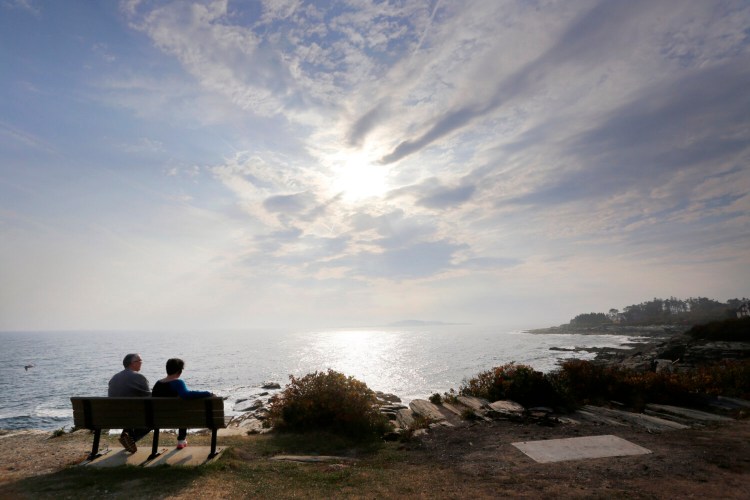Maine’s most popular state parks will remain closed until at least June 1 under a new executive order from Gov. Janet Mills that aims to reopen the state’s economy in stages while guarding against the spread of the coronavirus.
The parks, mostly located along the state’s central and southern coasts, are tourist hot spots with some of the largest beaches in northern New England.
The Maine Bureau of Parks and Lands released a detailed list Wednesday of the coastal state parks. The parks were first closed March 27 because of concerns that visitors were not following guidelines for social distancing as outlined by the U.S. Centers for Disease Control and Prevention.
“Overcrowding at those parks when they were open made it increasingly difficult for the public to implement appropriate physical distancing,” Jim Britt, a spokesman for the Bureau of Parks and Lands, said Wednesday. “As a result, the department closed those select coastal parks and beaches and is monitoring visitation at all state parks.”
The closed parks and sites are: Reid State Park, Popham Beach State Park, Fort Popham, Fort Baldwin, Kettle Cove State Park, Two Lights State Park, Crescent Beach State Park, Scarborough Beach State Park, Ferry Beach State Park and Mackworth Island.
Several southern Maine municipalities with public beaches have also closed them in response to the pandemic. In March, the towns of Wells, Ogunquit, Kittery and York all announced their beaches would be closed to the public after crowding there fueled concerns that visitors would spread the virus.
Maine has 48 state parks and historic sites, and visitation surged at parks that remained open for day use following the earlier closure of the beach parks.
Mills on Tuesday announced a plan to gradually reopen the state. It includes opening state parks and public lands for day use only, but noted that most of the state’s coastal parks would remain shuttered until at least June 1 and possibly longer if the number of COVID-19 cases in Maine surges again or the severity of cases becomes worse.
“Closing any of our state parks is the last thing we want to do,” Britt said. “We are keeping as many parks as possible open, and we encourage people to look for ways to take much-needed breaks in the outdoors that allow them to avoid crowded places and maintain physical distancing. “
Send questions/comments to the editors.




Comments are no longer available on this story